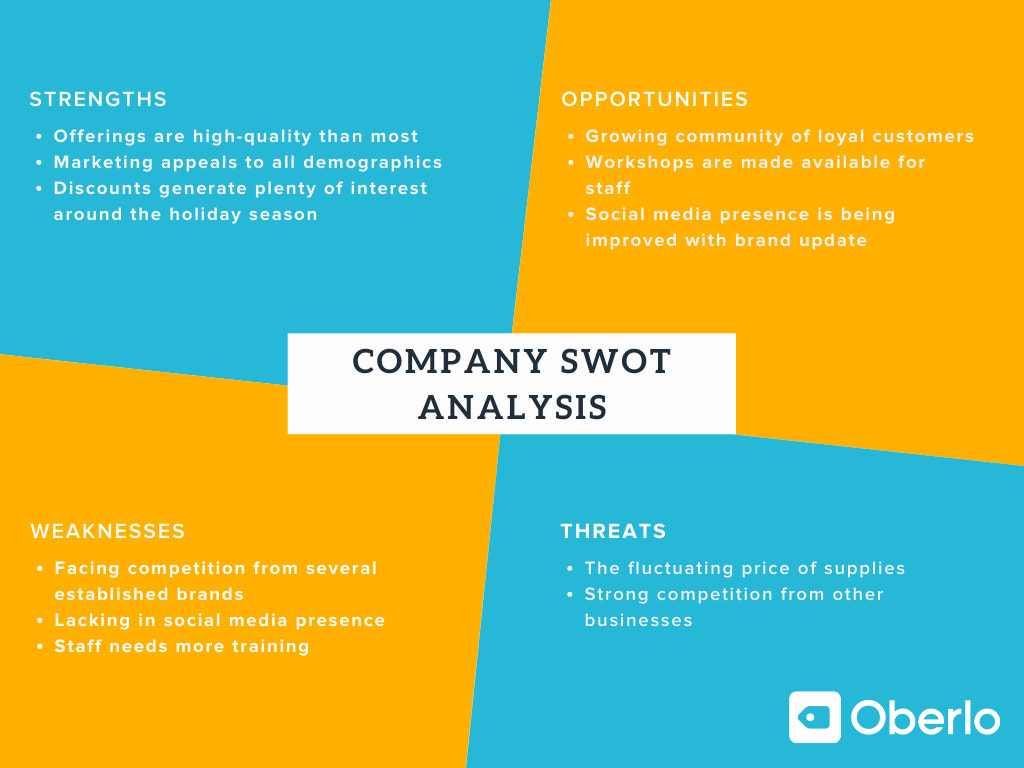
The biggest question in choosing an entity to conduct business is which one is better: an LLC or an S Corp? Which will work best for you? Both the most common business structures can be tax-efficient. Additionally, double and pass-through taxation are important issues to consider. Both of these topics will be covered in this article. While you ultimately have to decide, you should consider the benefits and disadvantages of each entity.
llc vs s corp vs s corp vs s corp vs s corp vs s corp vs s corp vs s corp v
There are many differences between an LLC or an S Corp, and this article barely scratches the surface. Regardless of your business's structure, keeping it organized is critical for the future of your business. Barrett McNagny can provide more information about the benefits and drawbacks of each entity. Before making a decision on which entity to choose, it is wise to evaluate your business's legal structure and needs.

If you are starting a business, it's important to understand the differences between an LLC and an S Corp. While an LLC provides personal liability protection, operating as an S corp can bring tax benefits. Operating as an S corp means that you must follow additional regulations and restrictions regarding management. An LLC is the best option if your business employs more than two people. An S Corp will also have limited liability, but a large amount of legal and tax benefits.
Another difference between an LLC (or an S Corporation) is the taxation. An LLC is taxed in much the same way as a sole-proprietorship or partnership. It can however pay employment taxes. In addition, owners of S corporations can pay themselves a salary as long as the salary is reasonable. Without employees, however, an LLC can't make a profit. As a result, it can be more expensive to run an LLC than an S corporation.
Pass-through taxation vs double taxation
When it comes to taxes, LLCs and S corporations are often compared. The differences in tax rates between LLCs and S corporations are not significant. Depending on its structure, an LLC may be eligible for taxation as either an S- or C corporation. A pass-through entity is an entity that pays income taxes on profits. An LLC can have more than one owner. This structure offers the best advantage because the business owners can benefit from deductions for their business income by claiming the revenue of their business on their personal tax returns.

Another benefit to an LLC is its flexibility. S Corporations have the same legal protections as C Corporations, but LLC owners can choose to tax their LLC like a C Corporation. By doing so, LLC owners can save money on selfemployment taxes while still enjoying the pass-through benefits of an LLC. A C-Corporation can be chosen or an S-Corporation, depending on your financial situation.
FAQ
How is consulting different from freelancing
Freelancers, who are self-employed and provide services to clients without the need for employees, are independent contractors. They typically charge hourly rates based on time spent working on a client's project. Consultants usually work for agencies or companies that employ them. Consultants are typically paid either monthly or annually.
Consultants have less flexibility than freelancers because they can control their work hours, and set their own prices. Consultants have better benefits, like health insurance, vacation time, sick leave, retirement plans and etc.
How much does it take to hire a consultant
Many factors go into determining how much it costs to hire a consultant. These factors are:
-
Project size
-
Time frame
-
Scope of employment
-
Fees
-
Deliverables
-
Other considerations such as experience level, location, etc.
How do I get clients to my consulting business?
It is important to identify an area of passion. It can be anything you like, including public relations or social media. If not, you may have to start small by finding a niche market such as web design. Once you have found the niche market, you need to understand why it works. What problems does the solution solve? Why should people use it? But most importantly, what can you do to help them?
You can also contact businesses directly.
If all else fails why not offer your services to free events like conferences and networking evenings? It's a great way to get in touch with potential customers, without spending too much on advertising.
How do you choose a consultant to help me?
There are three main things to keep in mind:
-
Experience - How much experience does this consultant have? Is she a beginner? Intermediate? Advanced? Expert? Do her qualifications and knowledge show on her resume?
-
Education - What did this person learn during school? Did he/she study any relevant courses after graduating from high school? Can we see evidence of that learning in the way s/he writes?
-
Personality - How do we feel about this person? Would we hire him/her to be our employee?
-
These questions will help us determine if the consultant is right to meet our needs. If you don't have clear answers, it may be worth meeting with the candidate for an interview.
How much do consultants make?
Although some consultants can make more than $100k annually, the majority of consultants earn between $25-$50k. An average consultant salary is $39,000 This includes both salaried and hourly consultants.
Salary depends on industry, experience, location, and type of contract (contractor vs employee). Also, whether the consultant is located in their office or remote.
Statistics
- On average, your program increases the sales team's performance by 33%. (consultingsuccess.com)
- Over 50% of consultants get their first consulting client through a referral from their network. (consultingsuccess.com)
- Over 62% of consultants were dissatisfied with their former jobs before starting their consulting business. (consultingsuccess.com)
- "From there, I told them my rates were going up 25%, this is the new hourly rate, and every single one of them said 'done, fine.' (nerdwallet.com)
- According to IBISWorld, revenues in the consulting industry will exceed $261 billion in 2020. (nerdwallet.com)
External Links
How To
How do you find a good advisor?
The first step in finding a good consultant is understanding what you want from your consultant. Do you want them help improve your website's efficiency? Do you want them to optimize your site to rank higher in search engines? Maybe you want someone to check on your current hosting provider and tell you if it is in need of improvement. You should know the type of services that you require before you start looking at other companies. Many consultants claim to be able to provide these services. However, only a handful of them actually deliver on their promises. So how do you go about choosing one? Here are some things that you need to keep in mind when selecting a consultant.
-
Ask for referrals. This is the best way to select a consultant. Because you are likely to pay too much, you shouldn't hire someone who you have never heard of. However, you shouldn't work with someone with poor reputations. It's great if you get recommendations from people you trust. Even if you don’t have any referrals, you can still look online for reviews. You can find testimonials and case studies from clients who have used your service.
-
Ask around. Many people don't realize that consulting could be beneficial for them. They believe that because they're doing well, they don’t need to make any changes. This is often false. Even if you are seeing great results, it is likely that you have not been keeping up to date with technology and trends. You'll lose out on the opportunities to grow your company if you rely on old methods. It's worth asking your friends and family for recommendations to help you find the right consultant.
-
Verify their qualifications. You don't need to worry about whether they are building a website or an eCommerce store worth millions. You must ensure they have the necessary skills and qualifications to carry out the tasks.
-
Find out what type of projects they are skilled in. Although it might seem like everyone can do everything, this is not true. Some areas require specialized training and education. For example, if you need someone to build a WordPress theme, you won't want to hire a developer who specializes in Drupal. The same goes for graphic design, programming languages, etc. Ask the designer what kind of projects they have worked on in the past.
-
You should know their prices. You don't want a consultant who charges too much. However, you don't need to pay too much. There are many different types of consultants. Some consultants bill by the hour, while others charge per project. Knowing exactly what you're paying upfront will save you money down the road.
-
Understand what they offer. Are they available for free consultations Are they willing to give advice about how to set up your own system or provide other assistance? Are they able to guarantee that your site will rank better after working with you? You have the right to cancel at any time if you aren't satisfied with what was said during your consultation.
-
You can also find out if they offer discounts on multiple months or over years. Many consultants offer discounted pricing for extended time periods. It is not necessary to commit to an entire year. However, you could still benefit from any deals offered by the consultants.